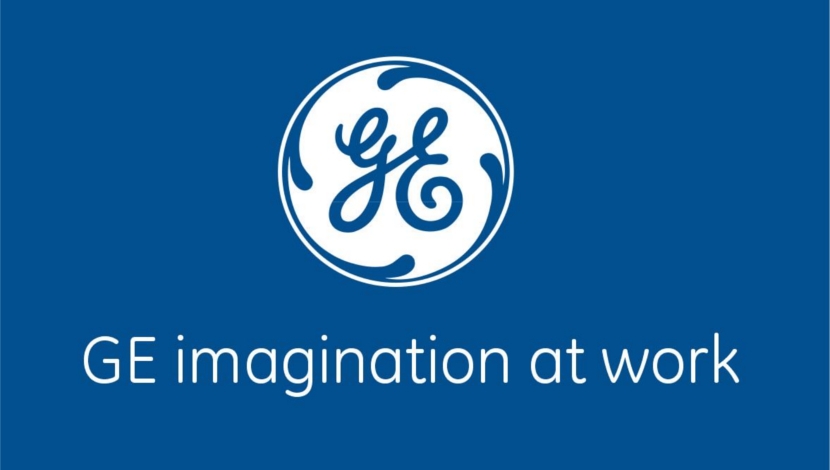
Despite global economic uncertainty, Netherlands-based Dunlop Conveyor Belting (Fenner Dunlop) is expanding its network of Dunlop Service centres, which supply rubber conveyor belts as well as a 24/7/365 belt-fitting service.
Having already successfully established several centres in Europe, Dunlop have opened a warehouse and splicing services centre in Obuasi in Ghana. In addition, they also have a sales and technical support team based in Accra.
Dunlop Conveyor Belting has been supplying conveyor belts made in their production factory in Holland to its customers in Africa for many years. However, despite their success, they feel that the time has come to provide a more local and more personalised service.
Dunlop Conveyor Belting’s executive director, Edwin Have, sees this move as a strategically important for the company. “Africa is a very important player on the world economic stage” says Have. “We want to play a physical role in that success. We have been supplying conveyor belts to our customers in the region for many years, but now we want to go one step further and not only supply top-quality conveyor belts but also provide the services and technical support that end-users need so that we are offering them a total service”.
Have also believes that this will save money for the end-user. “By supplying goods and services direct we cut out the middle-man so our customers get a better service and better value for money”.
Identity Theft
Another reason why Dunlop is increasing its physical presence in Africa is to make it even more difficult for others to supply low-quality imitation Dunlop belts. An increasing number of cases are coming to light where end-users have mistakenly purchased what they believed to be genuine ‘Made in Holland’ conveyor belts, only to find that they are not genuine at all.
“It is a growing problem,” explains sales and marketing director Andries Smilda. “The Dunlop brand has always been associated with quality. The belts we manufacture in our factory here in The Netherlands are widely seen as being the world benchmark for quality and extended operational lifetime. The problem is that a number of companies based in Africa, Asia and South America are legally entitled to use the Dunlop name despite having no connection with Fenner Dunlop. It is almost impossible to control,” added Smilda. “Fortunately what we can control is the quality of our products, which are far superior in every respect compared to those of any imitator.”
New branding.
Dunlop believes that the best form of defence is attack. Having invested millions in a new steelcord production line, expanded production capacity and introduced their own service network in Europe, Africa and the Middle-East, they have applied the same approach to overcoming the threat of poor quality imitations by investing in hi-tech water-jet cutting machinery to create rubber branding (usually bright yellow) and the statement ‘MADE IN HOLLAND’ that is embedded in the surface of the belt. They have also introduced much bolder branding on every form of packaging. “If the belt and the packaging does not say, ‘Dunlop, Made in Holland’, then it almost certainly is not the real thing,” says Smilda
Exciting times
James Cammock, regional manager for Western Africa believes that these are very exciting times for Dunlop and is especially keen to visit more and more cement plants. “Being able to provide a belt-fitting service as well as supplying the belts themselves is a big leap forward for us. We have a wide range of belts designed to meet the tough demands of the cement industry, especially heat-resistant belts that can handle very high temperatures, but which also have excellent abrasion resistance. That is very unusual for heat-resistant conveyor belts”.
Dunlop face tough competition. “Most service companies and traders in Africa do not want to supply high-quality belts like Dunlop because good belts do not require replacing for a long time. This is not good for their businesses. Their philosophy is to sell cheap and replace often. Our approach is the exact opposite,” says Cammock. “When people realise that one Dunlop belt can easily last longer than two or three low-quality belts, then they keep coming back to us for more. That has what has kept Dunlop at the forefront of the market for all these years!”
More information from Les Williams – les.williams@dunlopcb.com Tel:(00)





